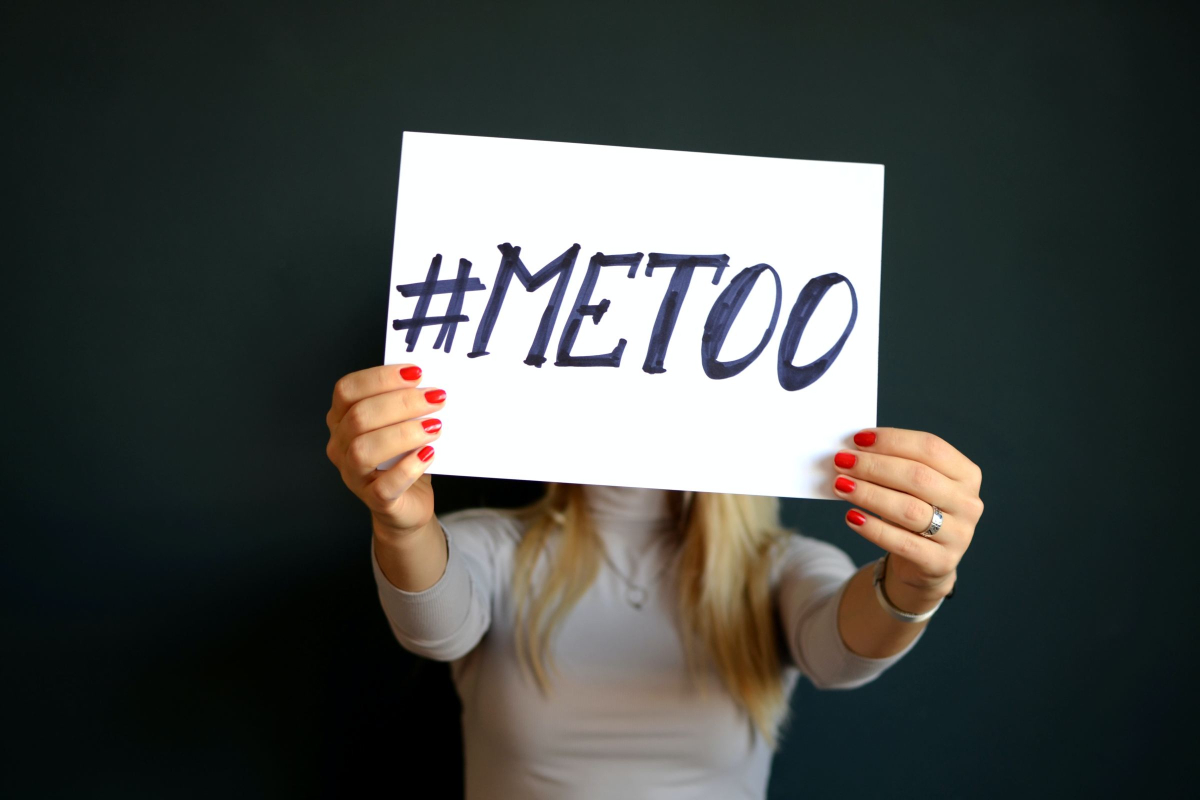During the past few years, there has been a remarkable increase in the number of women who are speaking out about the harassment they have suffered. Some women have been harassed by their family members, and others have been harassed in the workplace. This includes not only sexual abuse but also emotional abuse, physical abuse, and verbal abuse. This has been dubbed the “Me Too” movement, and it has been concentrated in the United States and in Europe. Now, it appears that it might be spreading to China, but it doesn’t necessarily have the results that many people expect.
The power structure in China is very different, and it takes a lot for a woman to speak out and file a harassment lawsuit in a Chinese court. Unfortunately, the numbers indicate that when a woman files a harassment lawsuit in China, she has a chance of being hit with a defamation suit herself.
Between the years 2010 and 2017, according to the New York Times, only 34 lawsuits were filed in China related to sexual harassment in the workplace. Of note, China has a population that is five times out of the United States. Of those 34 lawsuits, 19 of them were filed by the accused, claiming defamation. There are even some cases where the women who file their harassment lawsuits are ordered to compensate the people they accused for the harm they have done or their legal fees.
The result could be catastrophic. Multiple sources in China have indicated that victims are often pressured to stay silent and resolve issues outside of the court system. Furthermore, China may have a slightly different definition of what constitutes harassment, and a greater burden of proof often falls on the person making the accusation, which means that the case is much harder to win.
While the “Me Too” movement has definitely had an impact on Chinese culture, spurring a number of investigations into teachers, bosses, and coworkers, it is obvious that China still has a long way to go to ensure women who speak out have the protection they deserve. Perhaps the increased attention paid to this matter is going to lead to further reforms that protect vulnerable parties in the future.


